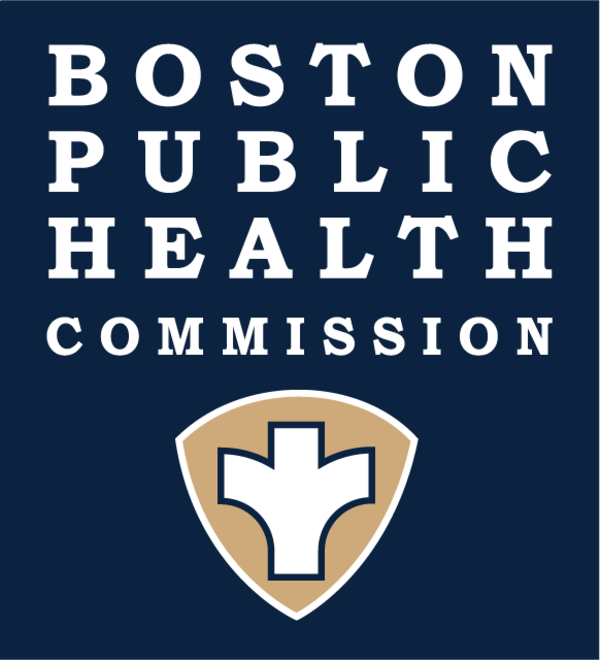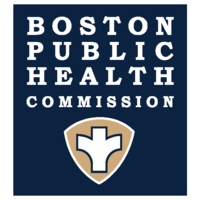BPHC community engagement
The Boston Public Health Commission (BPHC) is committed to encouraging community engagement to eliminate racial inequities and promote health access.
Equitable community engagement
What is Equitable Community Engagement?
The practice of using multiple strategies to provide opportunities for all [Boston] residents — particularly those historically excluded, under-represented, under-resourced — to be informed and to participate in public planning and decision-making to achieve an equitable outcome.
What is BPHC doing to engage residents and other stakeholders?
BPHC applies the racial justice and health equity principles outlined in the BPHC Equitable Community Engagement Plan 2020-2023 to engage residents.
What is BPHC’s Policy on Equitable Community Engagement?
BPHC programs, service centers, and contractors and consultants will engage residents and other stakeholders:
- to inform
- to gather information
- to help identify community needs and aspirations
- when the community has raised or expressed an interest
- when the community could be impacted by a project, initiative, service or decision, and
- when required by law, policy or agreement.
Framework
Principles
BPHC's equitable community engagement will be:
Accountable:Create engagement processes that are purposeful, adequately resourced, and responsible to group agreements and outcomes.
Inclusive:Reduce barriers to participation, create culturally appropriate engagement settings, and ensure participation reflects community demographics and those whose lives or health outcomes will be impacted by the decision.
Collaborative:Build relationships with communities that are transformational, partnership-centered, and long-term.
Sustainable:
Expand community assets through training, relationship-building, data sharing, technical assistance, funding, and other applicable resources so that communities can continue the work beyond the engagement “end date”.
Evaluated:Establish mechanisms to obtain participant feedback, regularly self-assess, and improve engagement practices.
Transparent:Communicate openly and honestly about engagement processes, specifically its purpose, decision-making process, timelines, and any associated limitations, and close the feedback loop by informing participants how their input contributed to the decision.
Toolkit
The BPHC Equitable Community Engagement Toolkit is designed to guide BPHC staff and partners to apply the community engagement framework into the decision-making process.
The following are available to guide an equitable community engagement process:
- Section 1 of the toolkit presents the community engagement principles in action. It highlights the process, and designing your own community engagement plan.
- Section 2 of the toolkit includes additional resources and support to guide you through the community engagement process with guides and templates.
Join us
Sign up for meeting updates with our constant contact:
Meeting sign-Up
(UnBound Bodies Collective. The Stoop, 2019. Photo by Tyahra Angus/Afrocentered Media. Courtesy of the artists.)




